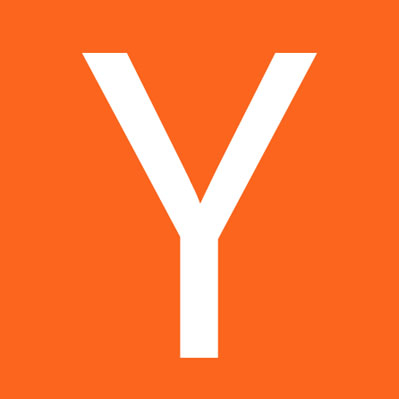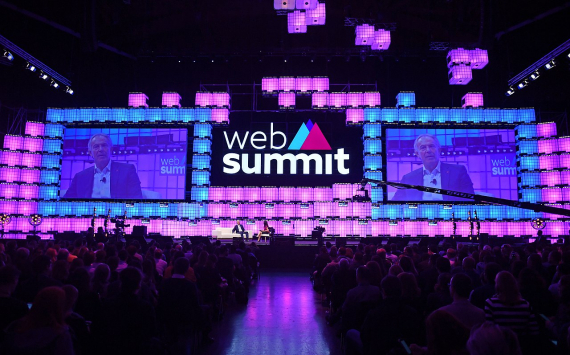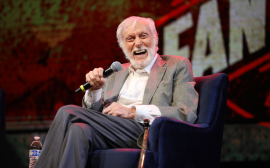Description
Y Combinator Management, LLC (YC) is an American technology startup accelerator launched in March 2005 which has been used to launch more than 4,000 companies. The accelerator program started in Boston and Mountain View, expanded to San Francisco in 2019, and was entirely online during the COVID-19 pandemic.
Companies started via Y Combinator include Airbnb, Coinbase, Cruise, DoorDash, Dropbox, Instacart, Reddit, Stripe, and Twitch.
History
Founded in 2005 by Paul Graham, Jessica Livingston, Robert Tappan Morris, and Trevor Blackwell, Y Combinator (YC) initiated operations with concurrent programs in Cambridge, Massachusetts, and Mountain View, California. However, operational complexities arising from managing two programs prompted a consolidation in January 2009, resulting in the closing of the Cambridge program and the centralization of activities in Silicon Valley.
In 2009, Y Combinator secured a $2 million investment led by Sequoia Capital, enabling increased annual funding for around 60 companies. Sequoia further supported YC in 2010 through an $8.25 million funding round, bolstering the organization's capability to accommodate a growing number of startups. Concurrently, Kirsty Nathoo joined the team, initially as an accountant, and subsequently as the Chief Financial Officer (CFO) in 2012. In 2011, Yuri Milner and SV Angel offered every Y Combinator company a $150,000 convertible note investment. The amount put into each company was changed to $80,000 when Start Fund was renewed.
Advisory roles were assumed by Harj Taggar and Alexis Ohanian in 2010, and Paul Buchheit and Harj Taggar were named partners in November. Michael Seibel joined Y Combinator as part-time partner in January 2013 before becoming a full-time partner in 2014. In September 2013, Y Combinator began funding nonprofit organizations that were accepted into the program after testing the concept with Watsi. Sam Altman took part in Y Combinator's inaugural cohort in 2005 as a founder. In 2014, Paul Graham appointed him as President. Altman introduced a revised equity offering of $150,000 for a 7% stake. Collaborations with Transcriptic and Bolt improved support for biotech and hardware startups.
Global outreach became evident in 2016 as YC partners embarked on visits to 11 countries (Nigeria, Denmark, Portugal, Sweden, Germany, Russia, Argentina, Chile, Mexico, Israel, and India) to engage with founders and learn about international startup communities. That summer, Altman returned to Y Combinator as a founder and worked on OpenAI. Leadership responsibilities were delegated to Ali Rowghani and Michael Seibel for YC Continuity and YC Core programs, respectively. Startup School, introduced in 2017, provided startups with online courses and personalized coaching. More than 1500 startups graduated from the program in its first year.
In 2018, Y Combinator announced a new batch of startup schools. After a software glitch, all 15,000 startups that applied to the program were accepted, only to learn a few hours later that they had been rejected. In response to the ensuing outcry, Y Combinator's accepted all 15,000 companies involved in the incident. The same year, Qi Lu, a former CEO of Bing and Baidu, briefly assumed the role of CEO for YC China. In November, YC announced Lu's departure and their decision to not pursue a program in China. YC China later morphed into MiraclePlus, an accelerator similar to YC, with Lu once again at the helm. Geoff Ralston succeeded Altman as Y Combinator's President in 2019.
Adapting to the COVID-19 pandemic, Y Combinator conducted its summer 2020 batch remotely. In January 2022, a revised standard deal of $500,000 was introduced, comprising $125,000 for a 7% equity stake and an additional $375,000 via an uncapped safe mechanism incorporating a Most Favored Nation (MFN) clause. The summer of 2022 saw a deliberate reduction in the startup intake by 40%, from 414 companies to 250.
In January 2023, Garry Tan assumed the positions of president and CEO, succeeding Geoff Ralston. Tan's leadership marked the discontinuation of the YC Continuity growth fund.

























